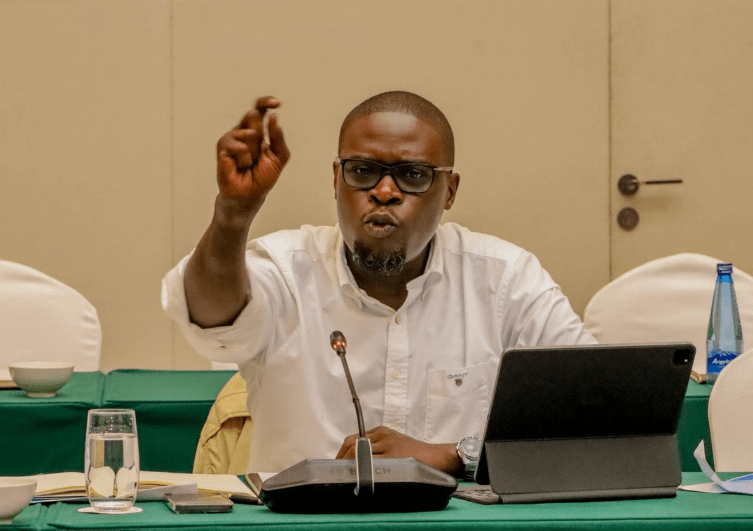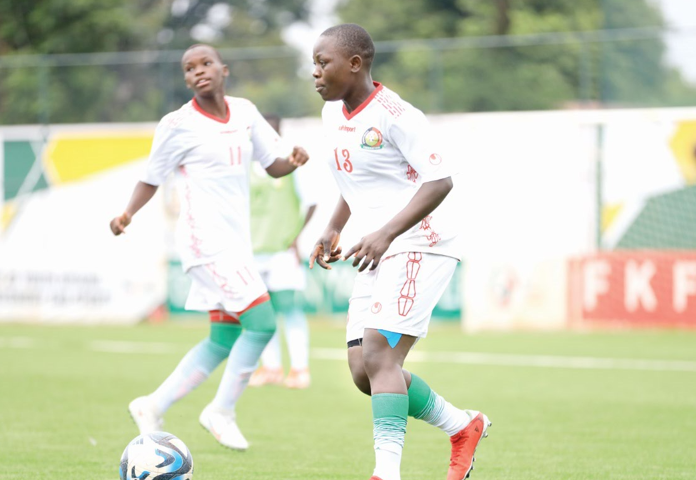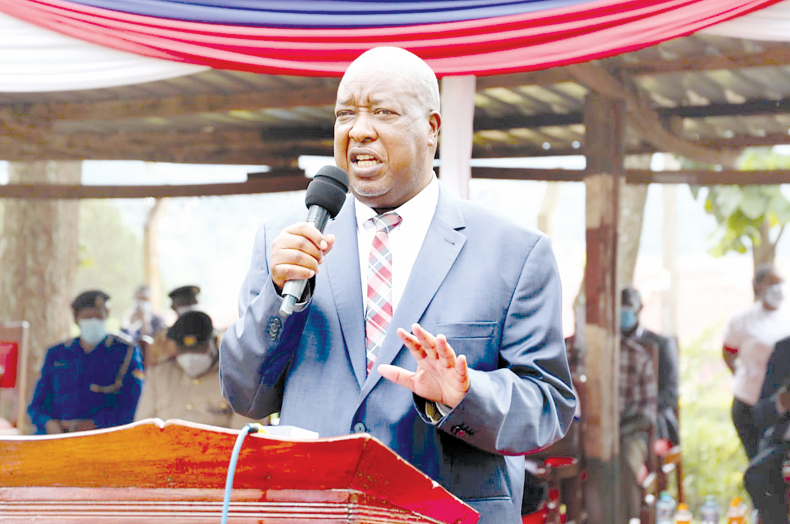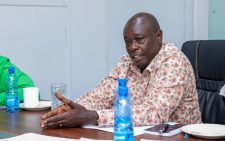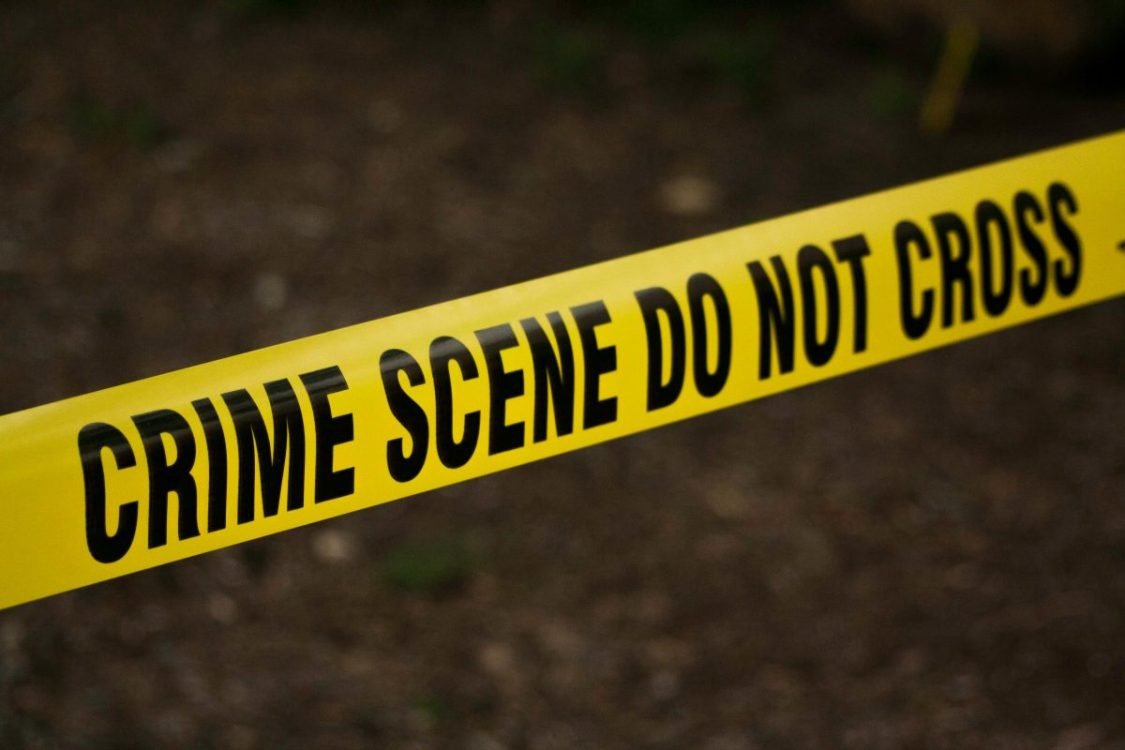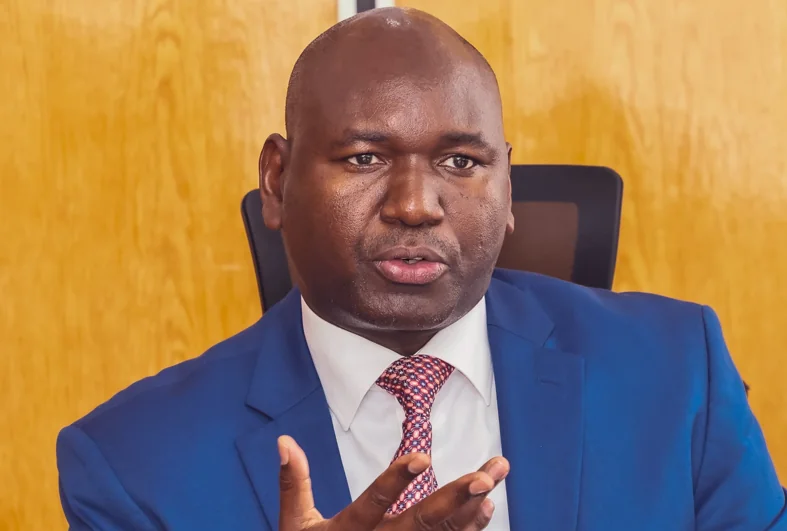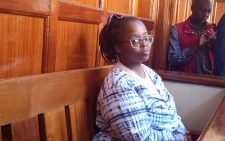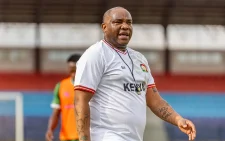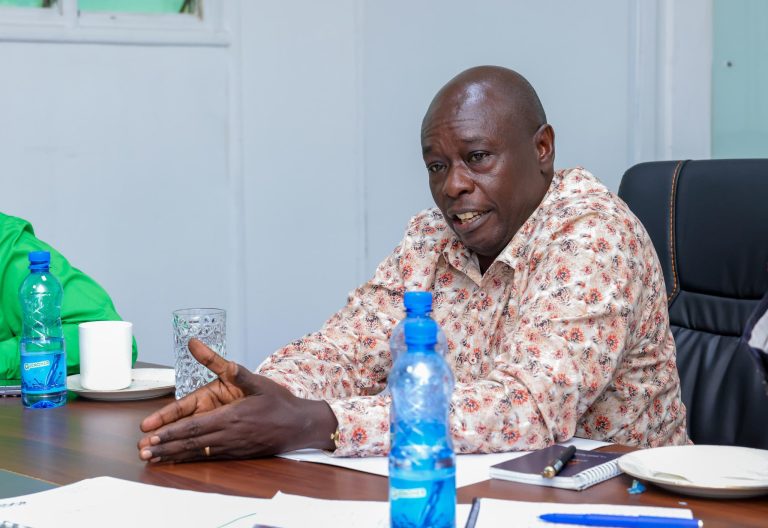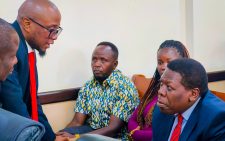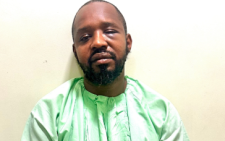Parliament and Judiciary set for mass coronavirus tests

Hillary Mageka and Reuben Mwambingu
Lawmakers and staff at Parliament Buildings will be tested for Covid-19 as the government embarks on mass testing in different public institutions.
The exercise, which will also be extended to the Judiciary, will help to ascertain the number of infections in the two arms of government as the country fights to contain the spread of the contagion.
Responding to reports that at least 17 MPs had tested positive for the coronavirus, the Chief Administrative Secretary (CAS) in the ministry of Health Dr. Mercy Mwangangi said the ministry will conduct mass testing in various public institutions to get a clear picture of the situation.
“We did see the headlines reporting positive cases in Parliament. As it stands today, we have no official or formal reporting of these cases to the Ministry of Health,” she said.
“Additionally, we are rolling out mass testing that will include testing of different institutions and at that time, we will be able to rely on what the situation will be like either in Parliament or Judiciary.”
Mwangangi said because coronavirus was a public health issue, all laboratories conducting tests for Covid-19 must report to the ministry all cases, whether negative or positive.
Yesterday, pathologists at Lancet Kenya who conducted tests for legislators disowned results that indicated 17 parliamentarians had contracted the disease. This came as four Coast MPs confirmed having gone into self-quarantine.
It also emerged that MPs who had tested positive for Covid-19 are part of the 179 confirmed cases in the country as of yesterday.
Preliminary reports indicated that the number of MPs who have tested positive is likely to go up as more received their results yesterday while others expect their results today.
The People Daily learnt that Coast parliamentarians have been in self-quarantine after they either came into contact with Kilifi Deputy Governor Gideon Saburi or Rabai MP William Kamoti, both of whom tested positive for the virus.
Others had travelled overseas to Germany and UK, where the virus had already spread and has killed thousands of its citizens.
MPs Benjamin Tayari (Kinango), Omar Mwinyi (Changamwe), Naomi Shaban (Taveta) and Paul Katana (Kaloleni) confirmed to have been in self-isolation for at least 21 days, for the safety of their families and constituents.
A number of lawmakers, however, dismissed a list circulating on social media alleging that some of them had tested positive for the virus (see separate story).
Precautionary steps
“Personally, I have been in self-isolation since I returned from Europe. That is not a secret and I don’t think it should be a secret or a big deal because that is as per the government directive, any person arriving from a foreign nation should self-quarantine,” Shaban, the vice-chair of the Parliamentary Service Commission (PSC) told People Daily on phone.
She was part of a team that included PSC members senators George Khaniri (Vihiga), Aaron Cheruiyot (Kericho) and MP Adan Keynan (Eldas) and Senate Clerk Jeremiah Nyegenye and host of staff who had travelled.
Shaban laughed off reports that she is one of those who had tested positive.
“I’m reading reports on the newspapers and on social media and I am failing to understand where some of these reports are coming from,” she said and cautioned her colleagues to also take precautionary steps advised by the government.
Kinango MP Tayari said he had been in quarantine for more than 21 days alongside his family after he came into contact with Saburi and they are in good health.
“All of us who attended the burial of Suleiman Dori were advised to go into self-quarantine and I respected the advice,” he said, adding: “I have not gone for any testing as is being alleged on social media. Treat that as propaganda.”
Changamwe MP Omar Mwinyi also confirmed he is on self-quarantine as a self-precautionary measure. Like Tayari, he too has not been tested.
Mwinyi told People Daily that Coast MPs had been advised to go for tests in Nairobi, but he did not get time to travel to since he is in quarantine.
“I don’t know the source of information being published on social and mainstream media and with whose authority. Because such information can only go through the Clerk of the National Assembly then to the Speaker,” he said.
Kaloleni MP Katana, said that after coming into contact with Saburi, he immediately went into self-quarantine and completed 14 days before going for tests at the Kenya Medical Research Institute n Kilifi. He tested negative.
An angry Mombasa Senator Mohammed Faki dismissed reports that he had tested positive for the virus as “malicious and frivolous allegations”, saying he had received many calls and messages inquiring about his status.
“At the same time, South Imenti MP Kathuri Murungi has told MPs who interacted with legislators who had visited the UK to go into self-quarantine.
Murungi, who has been in isolation at Aga Khan University Hospital, says it is good to be sure than sorry as the disease is serious.
